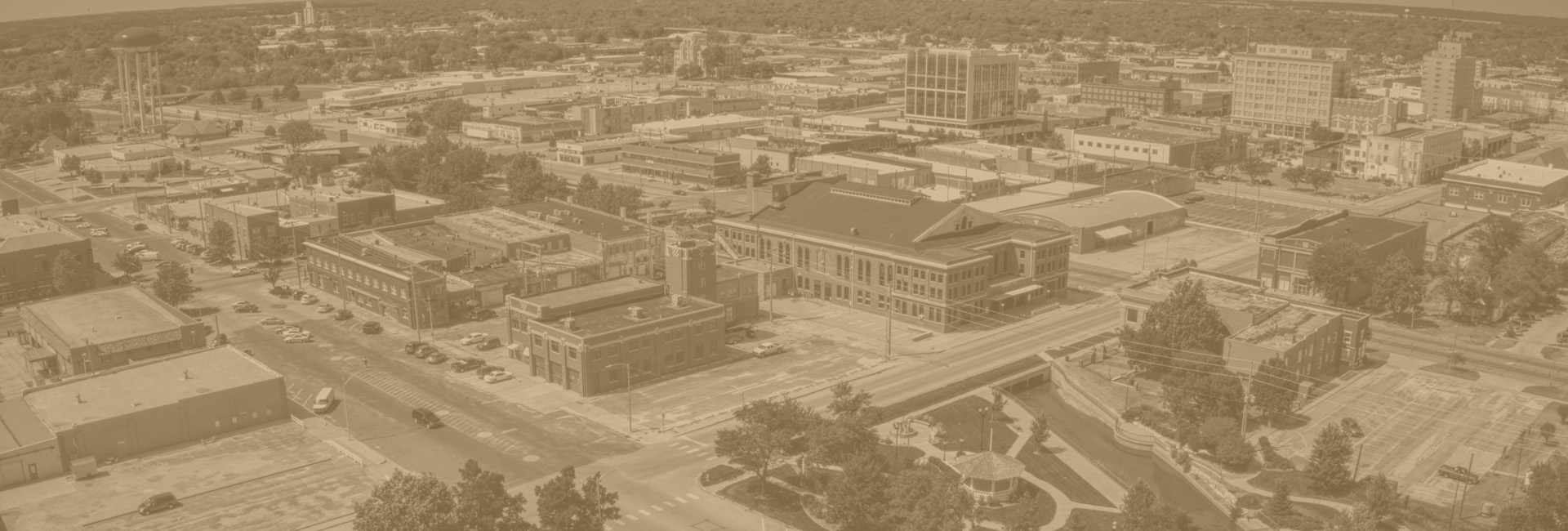Losing a loved one is one of the most devastating experiences a family can go through. When that loss is due to someone else’s wrongful actions, the pain can be even more profound. In Kansas, families who have lost a loved one due to wrongful death have the right to seek compensation for their losses. This compensation is intended to provide financial relief to families while acknowledging the deep emotional impact that such a loss can have. It is important to understand the types of compensation that may be available in Kansas wrongful death cases, as well as how this compensation is calculated. Knowing this information can help families better understand their legal options during such a difficult time. At, Melinda Young, we are here to guide you through the legal process and help you navigate the complexities of your case.

Understanding Wrongful Death in Kansas
Before diving into the details of compensation, it is helpful to understand what constitutes a wrongful death case in Kansas. Wrongful death occurs when someone’s death is caused by another person’s or entity’s negligence, reckless behavior, or intentional actions. These cases can arise from a variety of situations, including car accidents, medical malpractice, workplace accidents, or even criminal acts. The purpose of filing a wrongful death claim is to hold the responsible party accountable and to seek financial compensation for the losses that the surviving family members have suffered as a result.
In Kansas, the law allows certain family members to file a wrongful death claim. Typically, these include the deceased person’s spouse, children, or parents. In some cases, other relatives may also have the right to bring a claim, depending on the specific circumstances of the case. The compensation awarded in these cases can help cover a variety of expenses and losses that result from the death.
Types of Compensation in Kansas Wrongful Death Cases
Compensation in Kansas wrongful death cases can be divided into several categories, each addressing different types of losses. One of the most common forms of compensation is for medical expenses. If the deceased received medical treatment before passing away, the family can seek compensation for those medical bills. This includes the cost of hospital stays, surgeries, medications, and other treatments that were provided to the deceased before their death.
Another important category of compensation is funeral and burial expenses. The cost of funeral services, burial plots, and related expenses can add up quickly, and families can seek compensation to cover these costs. Losing a loved one is emotionally taxing, and worrying about funeral costs can add to the burden, so seeking compensation for these expenses can provide some relief.
In addition to medical and funeral costs, families may also be eligible for compensation for the loss of financial support. If the deceased was the primary breadwinner of the family, their death can create a significant financial strain on those left behind. Compensation can be awarded to cover the income that the deceased would have provided to their family had they lived. This can help ensure that the family is financially stable, even after the loss of their loved one.
Melinda is an asset to the city of Hutchinson and its legal community. I know she treats her clients with compassion and professionalism. It's a privilege to provide her an endorsement.
Ethan
![]()
Nicholas
![]()
Gabriel
![]()
Families may also seek compensation for non-economic damages, which are losses that do not have a clear financial value. One of the most common forms of non-economic damages is pain and suffering. This type of compensation is intended to acknowledge the emotional pain and grief that the family members experience after losing a loved one. The emotional toll of losing a loved one can be immense, and while no amount of money can truly compensate for this loss, this type of compensation can help provide some measure of justice for the family.
Additionally, families may receive compensation for the loss of companionship. When a spouse or parent passes away, their family members lose the companionship, guidance, and emotional support that they provided. This loss can have a deep and lasting impact on the lives of the surviving family members, and compensation can be awarded to acknowledge this profound loss.
How Compensation is Calculated in Kansas Wrongful Death Cases
The calculation of compensation in Kansas wrongful death cases can be complex, as it involves assessing both the economic and non-economic damages that the family has suffered. When it comes to economic damages, such as medical expenses and funeral costs, these amounts are typically calculated based on actual bills and receipts. This ensures that the family is fully reimbursed for these out-of-pocket expenses.
However, when it comes to calculating compensation for lost financial support, the process can be more involved. This type of compensation takes into account the deceased’s age, occupation, income, and potential future earnings. The goal is to estimate how much financial support the deceased would have provided to their family if they had lived. This can be calculated by considering the deceased’s expected work life, promotions, and salary increases, as well as the overall financial contributions they made to the household.
Non-economic damages, such as pain and suffering or the loss of companionship, are more difficult to calculate, as they do not have a clear financial value. In these cases, the court will consider the emotional impact of the death on the surviving family members. Factors such as the relationship between the deceased and their family, the role the deceased played in their family’s lives, and the emotional toll of the loss will be taken into account when determining the appropriate amount of compensation for these damages.
Common Mistakes in a Personal Injury Claim Choosing a Car Accident AttorneyRelated Videos
It is also important to note that Kansas law places a cap on non-economic damages in wrongful death cases. As of now, the cap for non-economic damages is set at $300,000. This means that no matter how much pain and suffering or emotional loss the family has endured, they cannot receive more than $300,000 in non-economic damages.
The Importance of Legal Representation
Pursuing a wrongful death claim can be a complicated process, especially when it comes to calculating compensation and proving liability. It is important for families to have strong legal representation during this time to ensure that their rights are protected and that they receive the compensation they deserve. An attorney with experience in Kansas wrongful death cases can help guide families through the legal process, gather the necessary evidence to support their claim, and negotiate with the responsible party or their insurance company to seek a fair settlement.
Having legal representation can also help ease some of the burden on the family during what is already a challenging and emotional time. An attorney can handle the legal complexities of the case, allowing the family to focus on healing and moving forward after their loss.
Factors That Can Affect Compensation in Kansas Wrongful Death Cases
Several factors can affect the amount of compensation that a family may be entitled to in a Kansas wrongful death case. One important factor is the extent of the deceased’s financial contributions to the family. For example, if the deceased was the sole breadwinner or provided a significant portion of the family’s income, the compensation for lost financial support will likely be higher.
The age and health of the deceased can also play a role in determining compensation. Younger individuals who were expected to have many more years of working and earning potential may result in higher compensation amounts for lost financial support. Conversely, if the deceased was older or had pre-existing health conditions that limited their life expectancy, the compensation may be lower.
Additionally, the specific circumstances of the wrongful death can impact compensation. In cases where the responsible party’s actions were particularly reckless or egregious, punitive damages may also be awarded. Punitive damages are intended to punish the responsible party for their actions and deter similar behavior in the future. However, these damages are not available in every wrongful death case and are typically only awarded in cases where the responsible party’s conduct was especially harmful.
Losing a loved one due to wrongful death is a devastating experience, and no amount of compensation can fully make up for the emotional pain that a family endures. However, compensation in Kansas wrongful death cases can provide much-needed financial relief to families and hold the responsible party accountable for their actions. Whether it is compensation for medical expenses, funeral costs, lost financial support, or the emotional toll of losing a loved one, seeking justice through a wrongful death claim can help families find some measure of closure.
If you have lost a loved one due to wrongful death in Kansas, you do not have to navigate this difficult process alone. The legal team at Melinda Young Law Firm is here to provide compassionate and dedicated support as you pursue your wrongful death claim. We understand the emotional and financial challenges that come with losing a loved one, and we are committed to helping you seek the compensation you deserve. Contact us today to schedule a consultation and learn more about how we can assist you during this difficult time.

